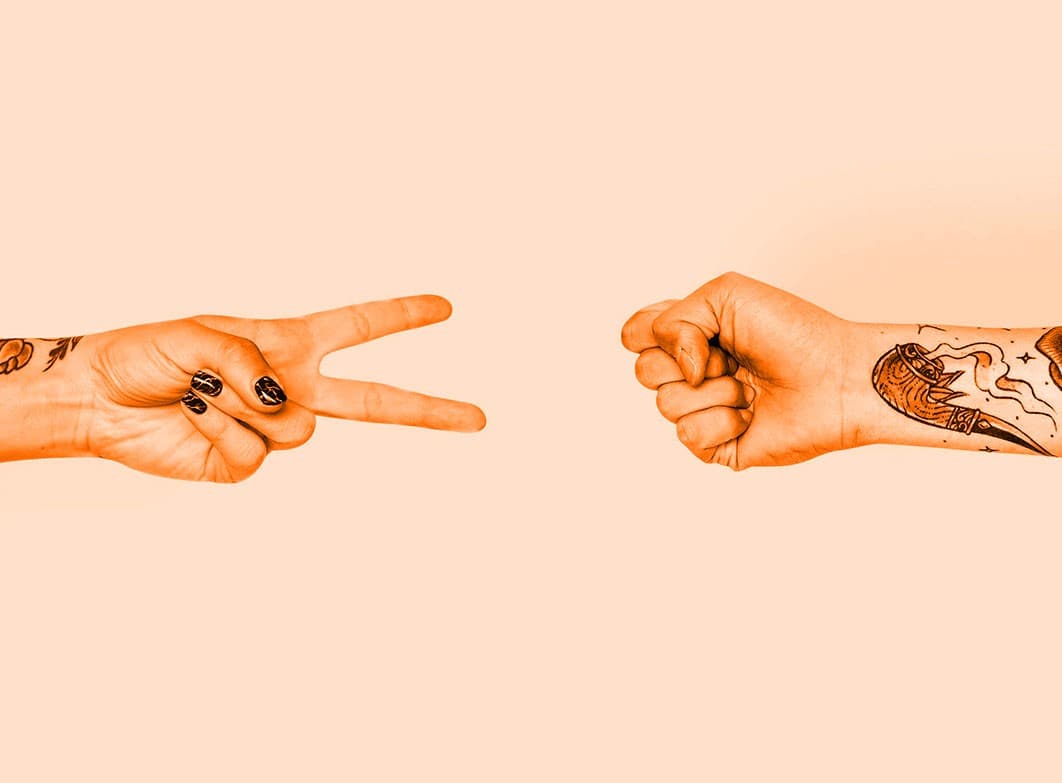

GOOD PORN VS. BAD PORN
I remember when I sat down with my Mom and announced with a solemn voice, "I've got something to tell you". Then I burst out, "I'm doing porn". I immediately noticed the sorrow darkening her expression, so I hurriedly added, "but it's not the kind of porn you're thinking about, it's good porn".
February 11, 2018